Favorite fertilizer?
bluewillow09
10 years ago
Related Stories

GARDENING GUIDESGet on a Composting Kick (Hello, Free Fertilizer!)
Quit shelling out for pricey substitutes that aren’t even as good. Here’s how to give your soil the best while lightening your trash load
Full Story
GARDENING GUIDESHow to Keep Your Citrus Trees Well Fed and Healthy
Ripe for some citrus fertilizer know-how? This mini guide will help your lemon, orange and grapefruit trees flourish
Full Story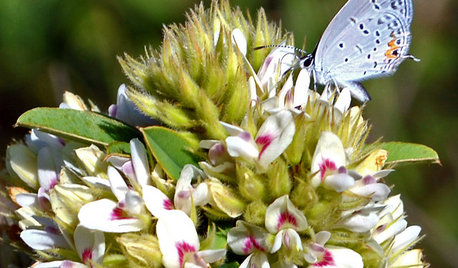
GARDENING GUIDES5 Prairie Wildflowers That Can Heal Your Soil
Get free, organic soil fertilizer with nitrogen-pumping plants that draw pollinators too
Full Story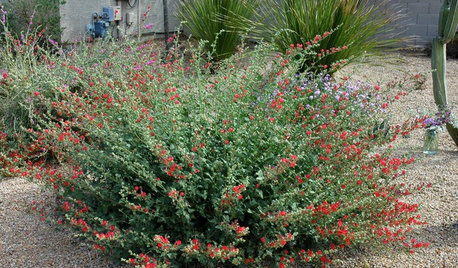
GARDENING GUIDESSouthwest Gardener's February Checklist
Orange you glad for a citrus-fertilizing reminder? And don't forget the recommended doses of vegetable seeds and cold-hardy flowers
Full Story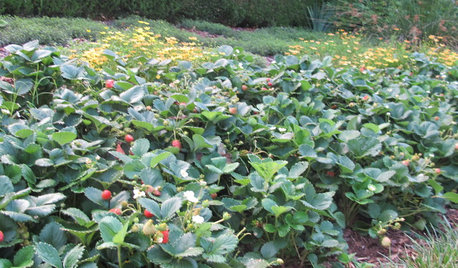
REGIONAL GARDEN GUIDESSoutheast Gardener's September Checklist
Fertilize strawberries, plant a tree or two and beckon hummingbirds to your Southern garden this month
Full Story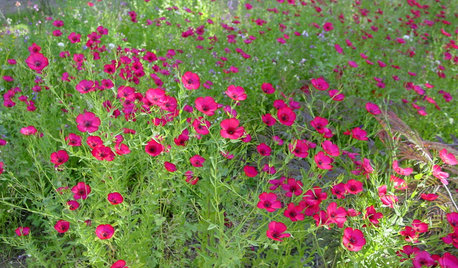
GARDENING GUIDESSouthwest Gardener's August Checklist
Manage monsoon effects, remember to fertilize and don't let the heat deter you from planting for fall
Full Story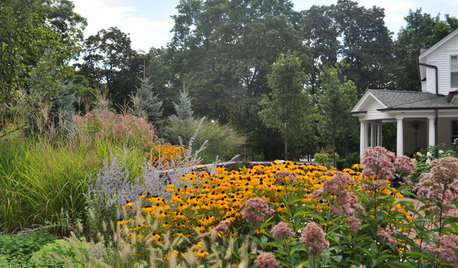
GARDENING GUIDESPacific Northwest Gardener: What to Do in September
Put in cool-weather veggies, fertilize your lawn and tidy the garden this month before chilly weather arrives
Full Story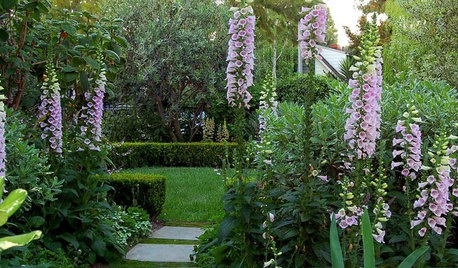
PETSGarden Alert: 22 Plants to Keep Away From Pets
Avoid potential danger by keeping dogs and cats away from these landscaping and houseplant favorites
Full Story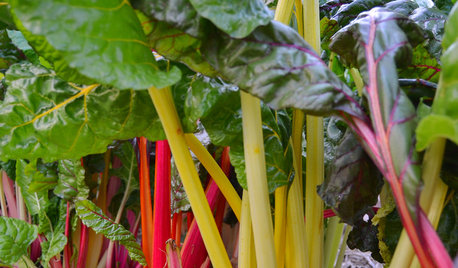
GARDENING GUIDESCool-Season Vegetables: How to Grow Chard
A year-round garden favorite with a colorful stem, Swiss chard comes into its own in early spring and in fall
Full Story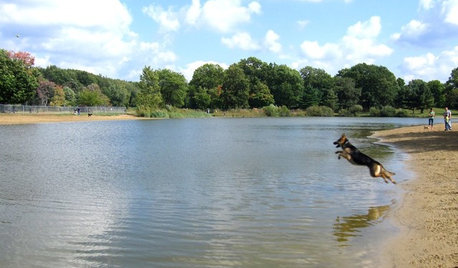
COMMUNITYDesigned for Dogs: 5 Fantastic Dog Parks Across the U.S.
Let your favorite pooch run wild at one of these specially designed public spaces. Not close by? Learn how to start a dog park yourself
Full Story





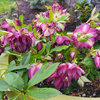
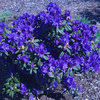
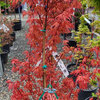
dottyinduncan
gardengal48 (PNW Z8/9)
Related Professionals
Canton Landscape Architects & Landscape Designers · Forest Park Landscape Architects & Landscape Designers · Addison Landscape Contractors · Canby Landscape Contractors · El Reno Landscape Contractors · Lady Lake Landscape Contractors · Waldorf Landscape Contractors · Whitehall Landscape Contractors · Goldenrod Landscape Contractors · Norridge Landscape Contractors · Asheville Fence Contractors · Fort Lee Fence Contractors · Golden Fence Contractors · North Miami Beach Fence Contractors · Wauconda Fence Contractorsbluewillow09Original Author
oliveoyl3
seysonn
gardenrescue2012